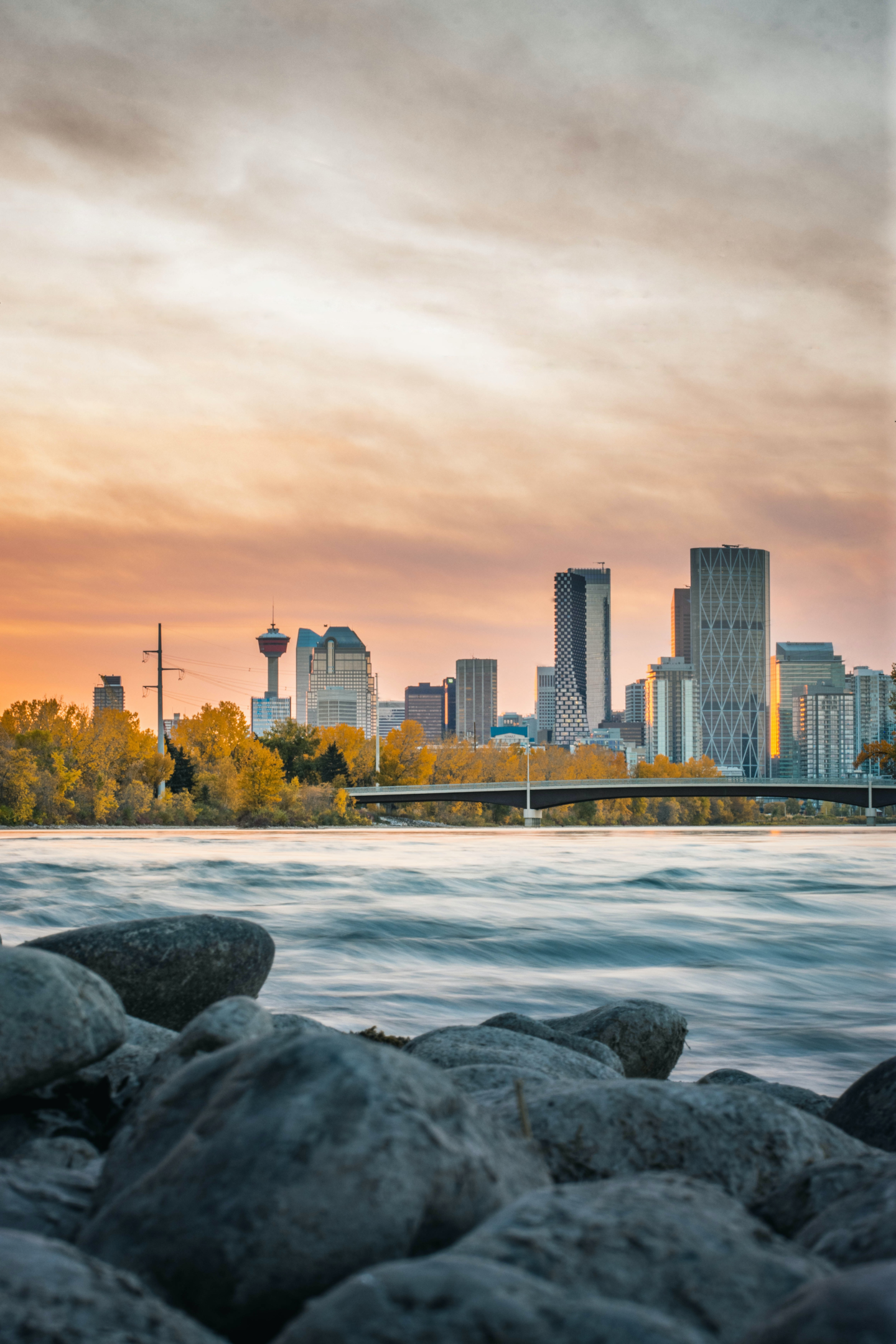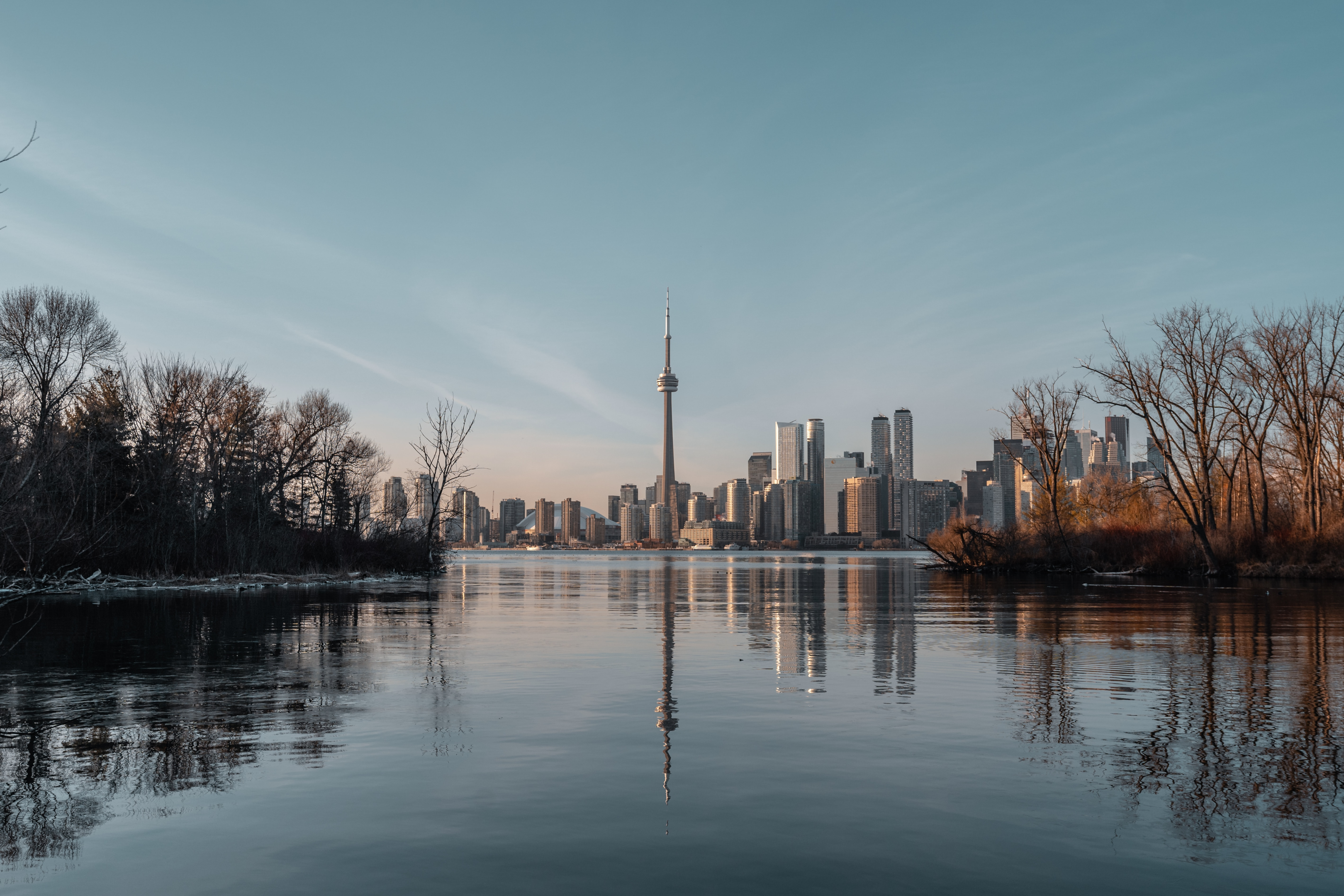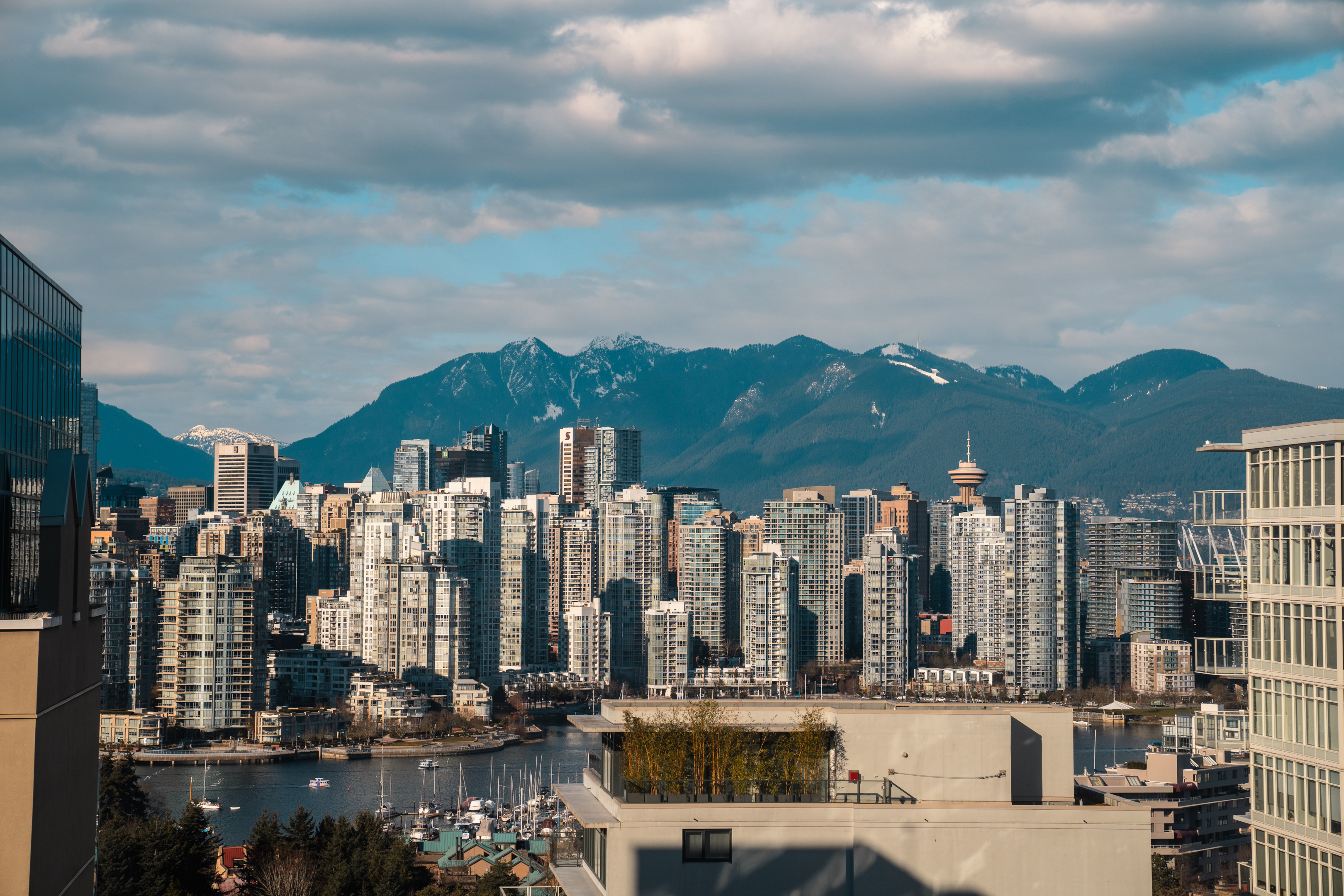If you are considering starting an Airbnb venture in Canada, it is crucial to know which cities are the friendliest for Airbnb hosts to operate in.
Each Canadian city comes with its own set of rules when it comes to Airbnb rentals. Knowing these rules is not only essential for providing guests with an exceptional experience but also for ensuring your Airbnb does not face any legal issues for non-compliance with local regulations and ordinances.
In this article, we take a look at the Airbnb rules in 11 of Canada’s top cities to help you determine which cities are best for owning and operating a profitable Airbnb.
Stay tuned to discover the specific Airbnb rules of each city!
Airbnb Rules in Canadian Cities
When it comes to renting out an Airbnb in Canada, the rules can differ from city to city.
Some cities and local governments are very strict regarding where Airbnb is allowed to operate within the city limits, while others are more relaxed and friendly toward Airbnb entrepreneurs.
Before diving into the specific rules of Canada’s top cities, let’s first consider three key factors for owning and operating an Airbnb in any city or region of Canada:
- Short-Term Rental Obligations: Almost every city in Canada has some form of short-term rental regulations that determine where and how an Airbnb can operate within a specific city. These regulations can vary in magnitude and complexity, with some cities even placing large zoning limits on where short-term rentals can operate or prohibiting the rental of any Airbnbs that are not entire private homes. As such, it is vital to uncover your city’s short-term rental obligations before beginning to market and rent out your property.
- Occupancy Limits: Occupancy limits are highly important for any Airbnb host to pay attention to, as disobeying official occupancy limits can lead to costly and sometimes severe legal consequences. This is particularly important to pay attention to, as many Airbnb guests seek out properties that can accommodate larger parties, such as bridal parties, family reunions, or large gatherings of friends. To be a responsible host, you need to pay attention to occupancy limits, and setting house rules for your guests is essential for keeping your Airbnb in good legal standing and for keeping guests safe.
- Housing Restrictions: Depending on whether or not you own your property in full, a lender or other financial institution may limit your ability to rent out a property as a short-term rental before your mortgage is paid off. Similarly, if you live in a subsidized housing community, you may be subject to different rules and regulations that require you to obtain approval from a property owner or manager before you can rent out part or all of your home as an Airbnb.
Keeping these factors in mind, let’s jump into our breakdown of Airbnb rules across 11 Canadian cities:
Cities Within Alberta

Airbnb Rules in Calgary
Calgary is widely considered to be the most Airbnb-friendly location within Alberta, the Canadian province that is known for its strict rules surrounding short-term rentals.
Short-term rentals in Calgary are defined as the “business of providing temporary accommodation for compensation, in a dwelling unit or portion of a dwelling unit for periods of up to 30 consecutive days.” Any property with a bed and breakfast permit is not classified as a short-term rental.
All hosts of short-term or vacation rentals in Calgary must obtain a Short-Term Rental Business License. These licenses are divided into two tiers — Tier 1 is for properties with 1 to 4 rooms offered for rent, while Tier 2 is for properties with 5 or more rooms offered for rent.
The short-term rental rules in Calgary include:
- Hosts cannot allow more than 2 people (excluding minors) per room.
- Hosts cannot allow overlapping bookings of two or more bookings in the same dwelling (i.e. a host cannot rent out separate rooms to separate guests at the same time).
- Hosts must display their business license number in all advertising for the rental.
Find out more about Calgary’s short-term rental regulations on the City of Calgary website.
Airbnb Rules in Canmore
Canmore has some of the strictest short-term rental rules in all of Canada — in fact, most cities and towns in the Alberta province have strict rental rules to abide by.
Canmore lies in the heart of Alberta, offering some of the most idyllic natural settings in the province. As a result, lawmakers and residents of Canmore strive to ensure that natural beauty is protected from housing shortages and over-commercialization.
The Town of Canmore offers two main forms of licenses for operating short-term or vacation rentals:
- Bed & Breakfast License: A Bed & Breakfast license is applicable to anyone operating a rental business as a resident of a single detached dwelling in Canmore. This license allows hosts to rent out their property for 14 consecutive days or less and requires hosts to provide one meal to guests per day as part of the rental package. For any B&B license holder operating a business that earns less than $30,000 in gross annual revenue, you may also qualify as a micro-business, which can help to reduce the cost of your licensing.
- Business License: For any property manager – be they an individual property owner or a more formal business – that manages one or more short-term rental properties, the Town of Canmore requires these property managers to obtain a formal business license.
In addition to licensing requirements, Canmore also imposes fairly strict zoning rules that limit where an Airbnb can be located within the mountain town. These zoning requirements are primarily known as Tourist Zoning (which includes only apartment-style condos) and Visitor Accommodation Zoning (which allows only vacation apartment-style condos).
These zoning rules can also present challenges to obtaining standard mortgage financing in Canmore, making it vital for hosts to pay attention to the zoning rules and regulations within the town.
Learn more about Canmore’s short-term rental rules on the Town of Canmore website.
Airbnb Rules in Banff
Of the many cities and towns on this list, Banff undoubtedly has the strictest short-term rental rules of them all.
In general, Airbnb and other short-term and vacation rentals are not allowed in Banff due to strict zoning laws designed to protect the natural environment and ensure residential housing is available and accessible.
Banff does allow Bed and Breakfast accommodations, though these are also subject to strict rules.
As a result of Banff’s strict regulations surrounding housing and rentals, many hosts opt for properties in the nearby town of Canmore for their short-term rental endeavors.
You can learn more about Banff’s housing regulations on the Town of Banff website.
Cities Within Ontario

Airbnb Rules in Toronto
Toronto’s short-term rental rules dictate that a rental must be all or part of a dwelling unit that is rented out for 28 consecutive days or less, including bed and breakfasts.
Airbnb is a licensed short-term rental platform in Toronto, meaning property owners can legally use the platform for rental listings. Only principal residences are allowed as short-term rentals in Toronto.
Other key short-term rental rules in Toronto include:
- Hosts can be homeowners or renters in any type of housing, including single-family homes, apartments, and condominiums.
- Hosts can rent up to three bedrooms in the principal residence for an unlimited amount of nights per year (within the consecutive day short-term rental limits) or rent an entire house for a maximum of 180 days per year.
- All primary residence homes must be in residential areas.
- Secondary suites or laneway suites may only be rented if the suit is the host’s primary residence.
- Bed and breakfasts must operate under existing zoning permissions for Tourist Homes, as well as being subject to short-term rental rules and registering with the city.
- Secondary and investment properties may only be rented out long-term.
To find out more on how to register and short-term rental eligibility, visit the City of Toronto website.
Airbnb Rules in Ottawa
Ottawa provides a comprehensive set of rules for short-term rentals that make it easy for hosts to determine whether their property is authorized in the capital city of Canada.
In Ottawa, the Short-Term Rental By-Law requires hosts to hold a permit for renting out a principal residence or part of a residential unit for 30 consecutive nights or less. Additional requirements for hosts in Ottawa include:
- Homeowners can offer short-term stays in their principal residence.
- Renters can offer short-term or vacation rentals in their principal residence with permission from a landlord.
- Condos and housing co-operative unit owners can offer short-term bookings in their principal residence with authorization from their condominium corporation or housing co-operative.
- Rural homeowners and cottage owners must offer “cottage rentals” and obtain a separate permit.
Additionally, hosts in Ottawa must follow specific zoning rules within the city, obtain the proper licensing, and list their rentals through a short-term rental platform registered with the City of Ottawa (which includes Airbnb).
Discover all the details of Ottawa’s short-term rental rules on the City of Ottawa website.
Airbnb Rules in Niagara Falls
Niagara Falls is an interesting location for Airbnb rentals, as it is split along the Canadian-U.S. border.
On the Canadian side, short-term rentals are known as Vacation Rental Units or VRUs for short. These units are considered legally separate from bed and breakfasts (B&Bs). B&Bs have traditionally been permitted in residential areas, while VRUs are not permitted in residential areas.
Hosts of VRUs must also obtain a license to legally own, operate, and list the property as a VRU.
The areas in which VRUs are allowed in the City of Niagara Falls are the Tourist Commercial, General Commercial, and Central Business zones. All VRUs must be officially registered and licensed in the city.
Learn more about the VRU rules in the Ontario side of Niagara Falls on the City of Niagara Falls website.
Cities Within British Columbia

Airbnb Rules in Vancouver
Vancouver is home to hundreds of Airbnb’s and enforces fairly standard short-term rental rules on hosts. The city also requires hosts to obtain a short-term rental business license.
In Vancouver, the following short-term rental rules are expected:
- Short-term bookings must be either an entire home or a room within a home that is rented for less than 30 consecutive days.
- Rentals on a short-term basis can only be operated from the host’s principal residence, meaning you must live on the property as either an owner or a tenant. As part of the principal residence rule, you must be able to provide proof of use via billing, identification, taxes, and insurance.
- Secondary homes and basement suites can qualify as short-term bookings if the host lives on the property and uses it as their principal residence.
Additionally, Vancouver does not permit the following short-term rentals:
- Accessory buildings (garages, art studios, trailers, boats, etc.)
- Rental 100 buildings
- Homes that pay the Empty Homes Tax (applicable to homes that are not the owner’s principal residence and/or are not rented out long-term)
To learn the full scope of Vancouver’s Airbnb community rules, visit the City of Vancouver webpage.
Airbnb Rules in Whistler
In the municipality of Whistler, roughly 20% of all properties are listed as Airbnbs. While other towns and cities strive to avoid this high percentage, Whistler has embraced the growing presence of Airbnbs within Canada’s borders and has set up specific and intentional zoning rules to accommodate rentals.
Whistler divides its housing into two zones — a tourist accommodation zone and a residential zone.
In addition to the specifically zoned areas, Whistler also imposes two types of rental pool covenants:
- Phase 1: Phase 1 covenants are designed to maximize the occupancy of properties by owners and renters. As part of these covenants, an owner of a property may be expected to make their accommodation available for short- or long-term rental.
- Phase 2: Phase 2 is comprised of more restrictive covenants that dictate when and how often the owner of a property can use their space. Properties falling into Phase 2 are intended as primarily short-term rental accommodations rather than residential housing. Owner use of these properties is limited to 28 days in the summer and 28 days in the winter.
Whistler regulations also require property owners to obtain a business license to operate a short-term rental in the municipality.
Find out more about Whistler’s Airbnb rules on the Resort Municipality of Whistler website.
Airbnb Rules in Victoria
The City of Victoria imposes a variety of rules on short-term Airbnb bookings to ensure that residents of Victoria have access to affordable long-term housing. As such, many of Victoria’s rules aim to ensure short-term accommodations do not interfere with residential neighborhoods.
The rules for short-term rentals in Victoria include:
- Short-term listings must be rented for 30 consecutive days or fewer.
- Hosts offering short-term or vacation rentals in single-family dwellings must obtain a principal residence license to legally rent out their space.
- Short-term rental operators offering stays in condominiums must obtain either a principal residence license if the property is their principal residence or a non-principal residence for legal non-conforming buildings.
- Renters may rent up to two rooms in their shared living space with authorization from the owner.
- The following dwellings are not permitted as short-term accommodations — self-contained suites attached to single-family dwellings, garden suites, carriage houses, and condos not categorized as legal non-conforming buildings.
You can view the full set of short-term rental rules on the City of Victoria website or on the city’s official Operating a Short-Term Rental in Victoria infographic.
Historic British Columbia Provincial Parliament building with spring tulips, Victoria, BC, Canada
Airbnb Rules in Kelowna
The city of Kelowna defines a short-term rental as a dwelling unit or bedroom that is rented for 29 consecutive days or less. These rentals are divided into two main types:
- Principal Residences: Principal residences can be rented for 30 consecutive days or less and are legal in both residential and mixed-use commercial areas (though some residential areas prohibit short-term accommodation entirely).
- Non-Principal Residences: Non-principal residences face stricter rules and can only be rented out in select areas of the city.
In Kelowna, a principal residence must be lived in by the owner for at least 8 months of the year. Short-term rental hosts must also obtain a business license to operate their rental. Additionally, short-term and vacation rentals are not permitted in secondary suites or carriage houses.
Read the full short-term rental rules on the City of Kelowna website or check out the City of Kelowna’s free Short-Term Rental Operator’s Guidebook.
New Airbnb Regulations for BC – Coming May 1st, 2024
Another important factor to note is the new regulations for Airbnb coming on May 1st, 2024. These regulations will introduce several significant changes that will limit short-term rentals. The main aspects of these regulations include:
- Principal Residence Requirement: From May 1, 2024, Airbnb hosts in British Columbia will be limited to renting out only their primary residence and one additional secondary suite or accessory unit. This change is part of a broader effort to return more short-term to long-term homes to help address the housing shortage issue in the province.
- Phased Implementation: The regulations will be implemented in phases. The initial phase, which has already started, includes increased fines and tickets, as well as granting business licensing authority to regional districts. Following this, the principal residence requirement will take effect from May 1, 2024.
- Provincial Registry: A key component of the new hosting regulations is the establishment of a provincial registry for short-term rentals. This registry will be operational by late 2024 and will require platforms to remove listings that do not have valid provincial registry numbers.
- Business Licenses on Platforms: From May 1, 2024, there will also be a requirement for business licenses to be displayed on rental platforms such as Airbnb and VRBO.
- Adapting to Changes: Property owners are advised to review their property portfolios and consider converting secondary properties into long-term rentals or exploring other investment opportunities.
Regulating short-term rentals reflects British Columbia’s effort to address the housing crisis while balancing the interests of property owners and the community. Property owners and hosts are encouraged to stay informed and adapt their operations in line with the new BC provincial government regulations.
Final Thoughts
To operate a short-term rental in Canada, it is vital to know the relevant regulations in your area.
Before you begin listing your property or properties, make sure to check with your town or city officials on what licensing and rules you must follow.
Staying in good legal standing is the best way to run a profitable and safe Airbnb in Canada!




